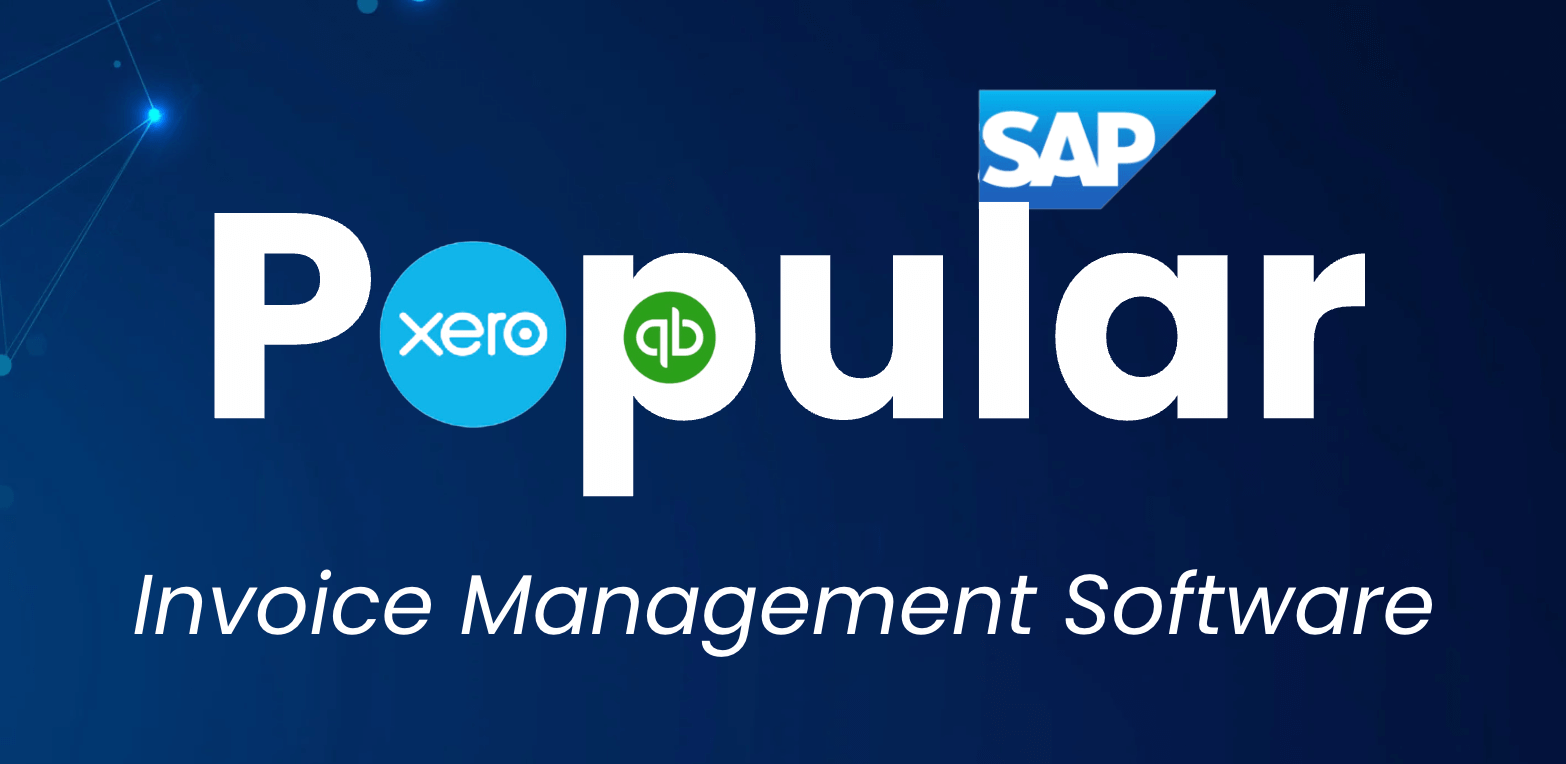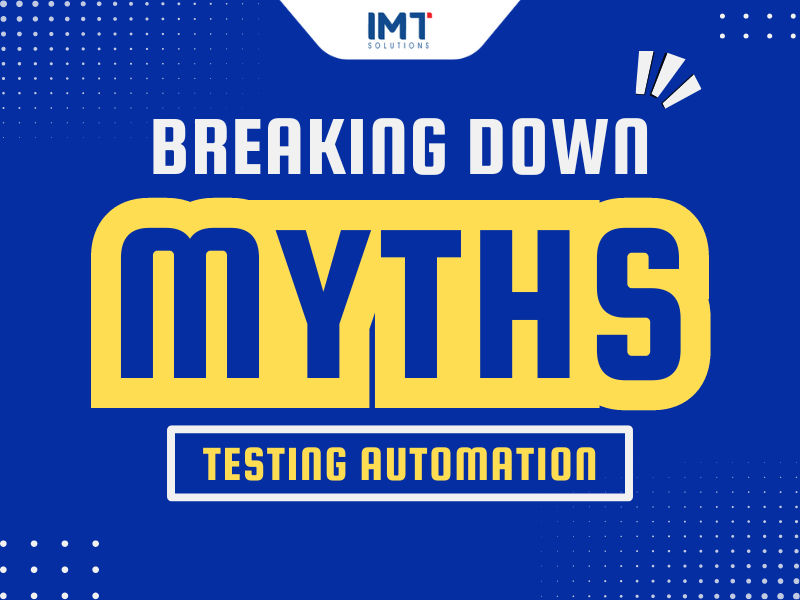Digital Transformation Services In Financial Data Management
Digital transformation isn’t merely about adopting modern technologies but also about a comprehensive revolution that changes the way businesses operate and manage. From automating processes, enhancing work efficiency to increasing transparency and accuracy. These services bring many practical benefits and open new opportunities for businesses in managing financial data. Therefore, let’s explore how digital transformation services can improve financial data management in this article.
What is digital transformation?
Definition
Digital transformation is the process of integrating digital technologies into every aspect of a business to change the way it operates and creates new value. This’s not simply about using computers or new software but also a revolution in thinking and business strategy. Digital transformation involves applying technologies such as Artificial Intelligence (AI), Internet of Things (IoT), Big Data, and Cloud Computing to business operations.
The role in business
Digital transformation not only involves adopting new technologies but also fundamentally changes the way businesses operate, manage, and strategize. It’s a crucial factor that helps businesses compete and develop sustainably in the digital age. Some important roles that it brings include:
- Optimizing work processes
- Improving customer experience
- Enhancing competitive advantage
- Creating new business models

What is financial data management?
Definition of financial data management
Financial data management is the process of collecting, storing, processing, and analyzing information related to a business’s finances. Financial data includes all information about revenue, expenses, profits, assets, liabilities, and other financial activities. Effective financial data management helps businesses gain a comprehensive and accurate view of their financial situation, thereby making timely and correct business decisions.
Read How IT outsourcing service can reduce manual invoice processing errors
The importance of financial data management
Financial data management plays a crucial role in the development and sustainability of a business. Accurate and timely financial data helps businesses make strategic decisions, forecast trends, and manage financial risks. Here are some reasons why financial data management is very important:
- Making accurate business decisions
- Avoiding legal risks
- Managing financial risks
- Planning and forecasting future finances
- Enhancing operational efficiency
Digital transformation services in financial data management
Financial management software
Financial management software is a vital tool that helps businesses automate financial processes, from accounting, budget management to financial reporting. These software solutions not only reduce the workload of manual tasks but also increase accuracy and efficiency. Some popular financial management software includes QuickBooks, Xero, SAP Concur.
We have analyzed in detail the prices, pros and cons, purposes, and main features of each software. Especially how each software fits different businesses in the article “Top Popular Invoice Management Software“. To find the answer to which software you should use, you can click on the link to learn more about each software and get the best answer for yourself.

Distribution management system (DMS)
A document management system (DMS) is a critical solution that helps businesses store, manage, and retrieve financial data effectively. DMS provides security features, quick data search and retrieval, helping businesses manage financial information scientifically and safely.
Popular document management systems include Microsoft SharePoint, DocuWare, and M-Files. Here, I’ll highlight some key points of each system to help you understand the differences and make it easier to implement digital transformation in your business.
Microsoft SharePoint:
- Functions: SharePoint is a data management and collaboration platform that helps businesses store and manage financial documents safely. It provides document management tools, sharing, and access control, tightly integrating with Office 365 applications.
- 利点: SharePoint is easy to use, offers many powerful features, and is highly customizable to meet the needs of businesses.

DocuWare:
- Functions: DocuWare is a comprehensive document management system that automates the storage and processing of financial documents. It provides powerful search tools, secure storage, and integration with various financial systems.
- 利点: DocuWare improves workflow, minimizes errors, and increases data accuracy.
M-Files:
- Functions: M-Files is a metadata-based data management system. Businesses can store and manage documents efficiently on this system. M-Files provides security tools, quick search, and integration with other financial management systems.
- 利点: M-Files optimizes document management processes, ensuring transparency and high control capabilities.
Challenges and Solutions in the Digital Transformation Process
Digital transformation isn’t an easy process and can’t avoid certain challenges. You may encounter some of these challenges related to investment costs. You need to invest in hardware, software, technological infrastructure, and employee training costs. Additionally, there are ongoing costs such as maintaining and updating these new technologies. For small and medium-sized businesses, finding funding and managing finances for these investments can be a significant challenge. Therefore, you need to create a thorough financial plan and seek financial support sources such as loans, partnerships, or government support programs.

Next, the security risk that can occur if information isn’t well managed. Threats from data loss, cyber-attacks, and information security breaches are becoming more complex and sophisticated. To mitigate these risks, you need to invest in security solutions, develop security policies, and conduct regular audits. Additionally, raising awareness and training employees on information security is also an important factor in minimizing these risks.
Lastly, employees may lack the necessary skills and knowledge to effectively use new technologies. This not only reduces work efficiency but also increases the likelihood of errors when using technology. To address this issue, you need to develop continuous training programs for employees. These programs should include courses, workshops, and practical training sessions to ensure that employees can master and apply new skills in their daily work.
Digital transformation is an inevitable trend and the key for businesses to develop sustainably in the digital age. It is not merely about adopting modern technologies but also a comprehensive revolution that changes the way businesses operate and manage. IMT Solutions hopes you can get some ideas or answer some of your questions after reading this article. If you have any questions or want to implement digital transformation for your business, please contact us, IMT is happy to discuss your issues!








